
Count on This! The 10-Second Hum
Humming for 10 seconds or more can help both children and adults calm their minds and bodies.
Did you know humming is naturally relaxing?
Humming makes vibrations in our throat. The vibrations activate a nerve that carries signals from the brain to the body. This nerve, called the vagus nerve, helps us to soothe ourselves and calm our bodies after we’ve been in stressful situations, so we can better manage big feelings.
In moments of emotional distress, when we’re the most concerned about children’s emotional well-being, a strategy like this may offer children some short-term relief. Share this video with children and try humming along with The Count and his potato friend together (it can be to any tune or just a humming sound).
Then, in challenging moments in the future (perhaps when children are feeling frustrated, angry, worried, nervous, or even over-excited), invite children to join you in humming, singing, or “buzzing” like a bee (these activities all create vibrations in the throat). Help them notice how they feel afterward.

Watch and Play: Abby's Magical Beasties
Watch this episode and explore ways to extend the learning at home.
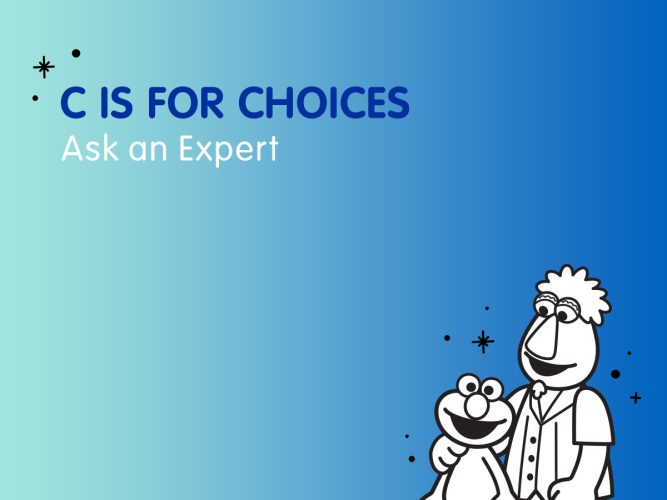
Episode 1 - Ask an Expert: Choices
In the first episode of this six-part series, hear from an expert about how daily decision-making plays a role in family digital well-being.
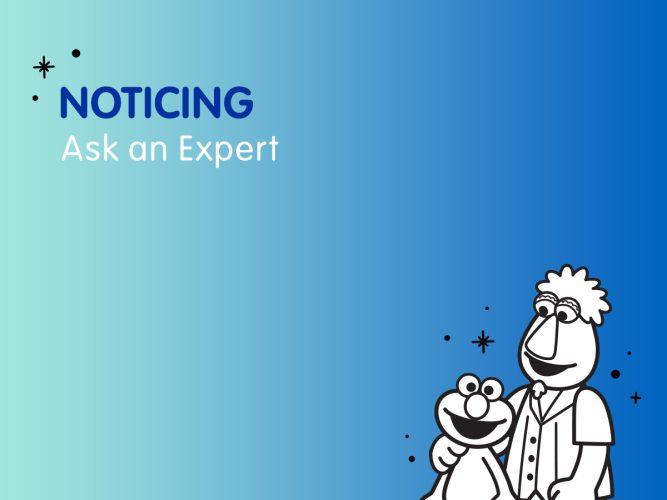
Episode 2 - Ask an Expert: Notice
In episode two of a six-part series, explore strategies your family can use to build awareness about feelings, choices, and behaviors related to technology and media use.
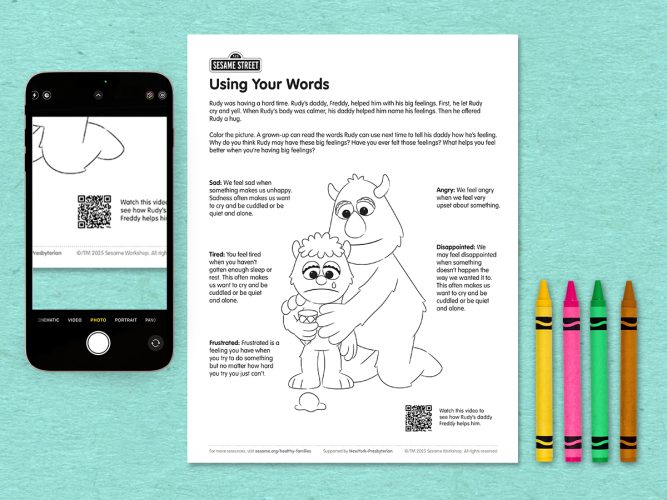
Using Your Words
A coloring page helping children explore words for big feelings.
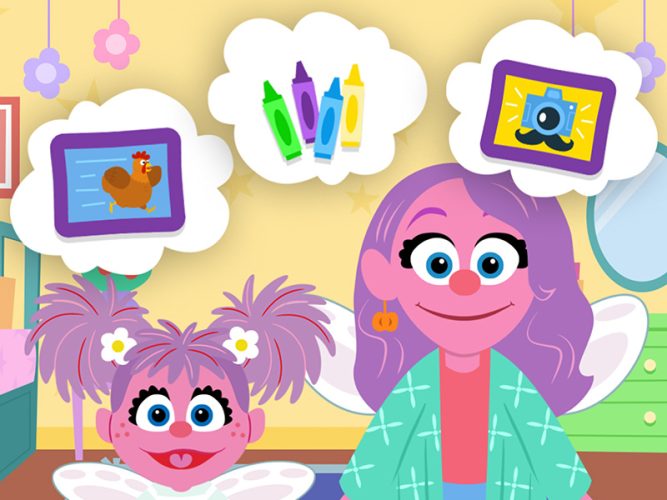
C is for Choice
A game about making choices, big and small.
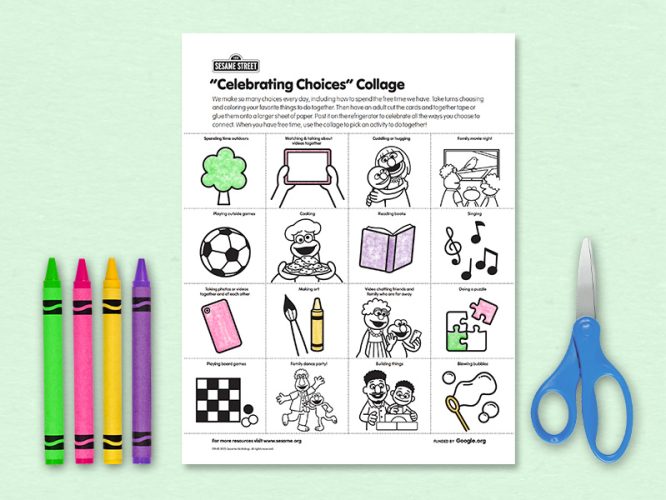
“Celebrating Choices” Collage
Celebrate the ways you choose to spend time together as a family!
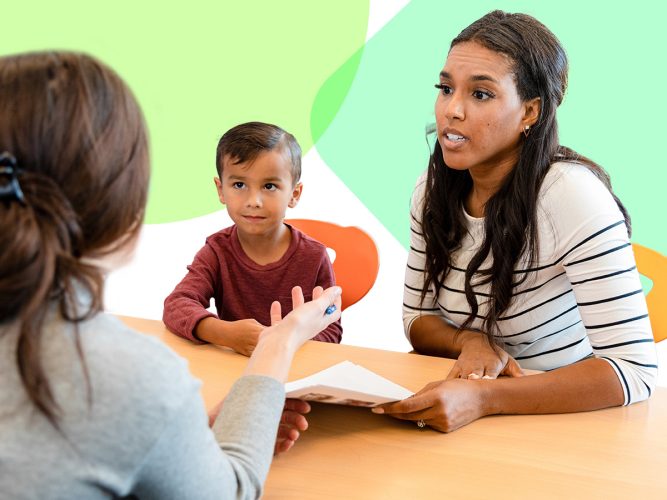
Making Healthy Choices Around Digital Media: A Conversation with Vikki Katz, Ph.D.
Learn strategies for making good choices for your family's digital well-being from expert Vikki Katz, Ph.D.
